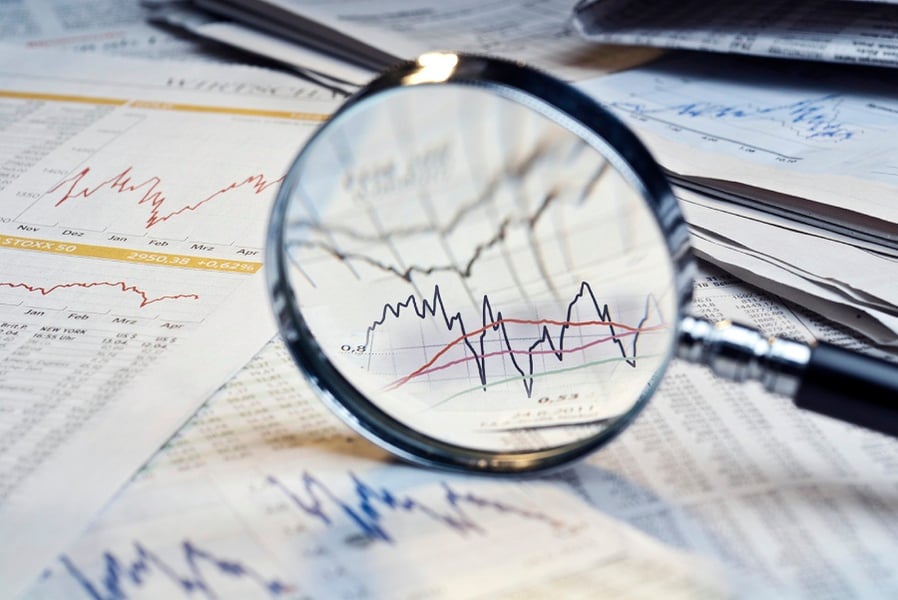Debt payments could weigh increasingly on company profits, as well as the payouts they make to shareholders.
The world's largest brewer plunged more than 10% in a day after halving its dividend to pay down a $109 billion pile of debt. Let that be a warning to you.
Over the past decade, nonfinancial corporate debt worldwide has swelled 6% to $14 trillion, according to Sanford C. Bernstein. As economic growth began to recover after the crisis while interest rates stayed near zero, companies racked up credit. Some needed to fend off upstarts — think consumer goods companies like the aforementioned Anheuser-Busch InBev — while others like telecoms invested in new technology.
Now fears over a turning rate cycle have stirred concerns that debt payments will increasingly weigh on profits and shareholder payouts, adding pressure to an already turbulent start to the earnings season.
"Any shortfall in cash flows will immediately put stress on the credit ratings or the credit spreads," said Edmund Shing, global head of equity and derivative strategy at BNP Paribas in London. "Refinancing is likely to become more expensive for these companies."
The need to refinance maturing debt at a higher rate will knock off 1.5 percentage points in pretax earnings in Europe and 0.5 percentage points in the U.S. over the next three years, according to Bernstein.
"The dynamics of rolling over debt will form an increasingly important part of the investment outlook," strategists including Inigo Fraser Jenkins wrote in a Wednesday note. "For the market in aggregate, this acts as a drag on profits as debt servicing takes a greater share of revenues."
In Europe, concerns have sent investors fleeing to companies with low debt loads and healthy balance sheets, bidding up the quality factor. While the Stoxx 600 plunged 1.5% over the past 10 days, the Citi Quality Pure Index is unchanged. Now, the latter index is trading near its highest price since July 2016 relative to the main equity gauge.https://cdn-res.keymedia.com/investmentnews/uploads/assets/graphics src="/wp-content/uploads2018/10/CI1176271025.PNG"
While the brewer AB InBev said its new dividend policy will make it easier to keep debt lower relative to earnings, its chief financial officer, Felipe Dutra, said there's "no correlation" between U.S. rate tightening and the dividend cut.
Investors should be careful about highly levered stocks given that yields are rising, credit spreads are likely to widen and U.S. default rates have started to increase, Credit Suisse Group strategists led by Andrew Garthwaite wrote in a report Thursday. Stocks that warrant caution include Kraft Heinz Co., Wynn Resorts and Symantec Corp. in the U.S.; and Hennes & Mauritz, Tesco and Telia Co. in Europe, according to the bank.
In the U.S., rates have been rising for a few years, but in Europe, credit spreads may start to widen as the central bank prepares to cap its asset-purchase program in December, according to Mr. Shing.
"Let's not forget that as well, especially in Europe, investment-grade credit spreads have been depressed by constant ECB buying but that of course ends at the end of this year," he said. "That withdrawal of support to the credit market could lead to credit spreads tightening as well."







